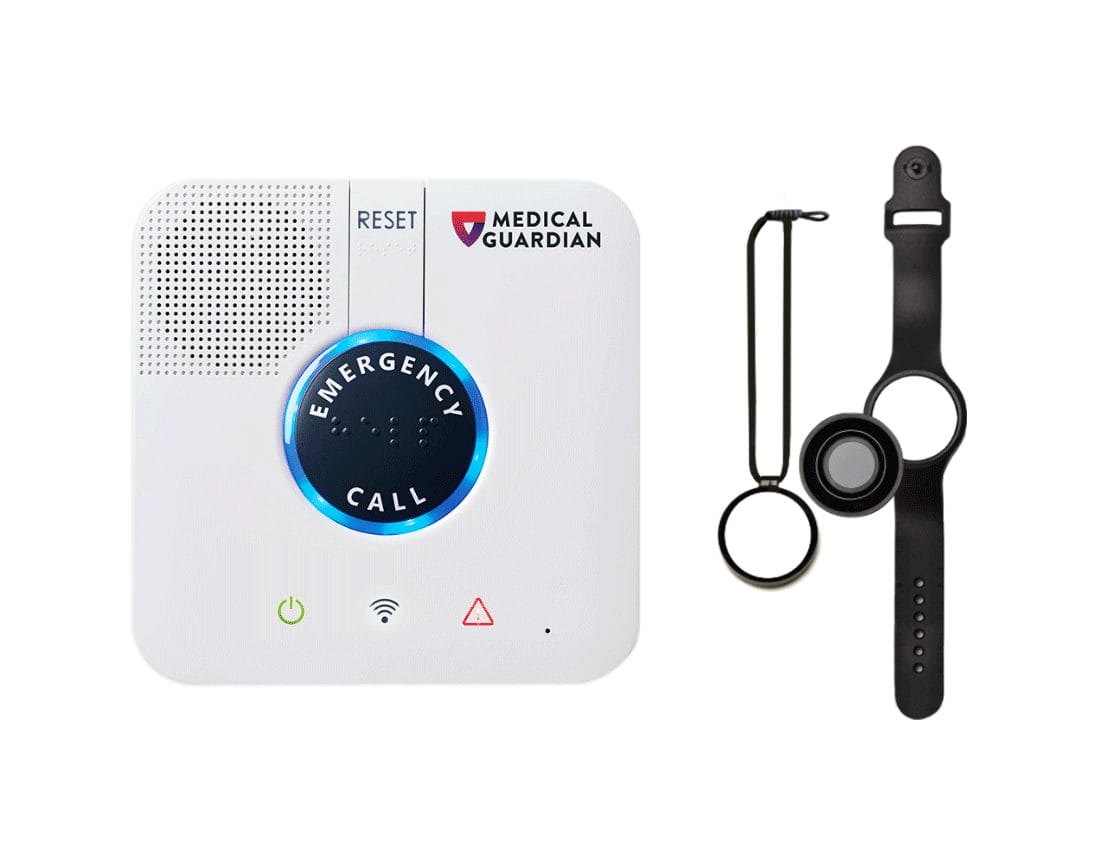
Caring for a family member with dementia is a challenge, but we have tips to help you manage this difficult yet rewarding responsibility. Knowing how to care for a dementia patient isn’t easy because the disease progresses over time, and caregivers must adapt. Having dementia caregiver tips at your disposal can help you and also increase your loved one’s quality of life. Establishing a routine, having activities ready, maintaining contact with doctors, and other strategies can help you along the caregiving journey. Here, we’ll explain those dementia caregiver tips and more — including how to care for yourself — so you can care for your loved one with dementia while reducing your daily stress.
Have activities ready
Activity is essential for us all. It fosters connection, engagement, and a sense of purpose and accomplishment. People with dementia may have forgotten how to engage in activities or find preferred pastimes too complicated and stressful now. The solution is to find activities that match someone’s current skill level so that they can find enjoyment.
Activities don’t need to be extravagant. Depending on your loved one’s abilities, you can even create activities they can do independently. Remember that preferences will change as the person’s cognitive abilities decline. Here are some physical, mental, and social activity suggestions to get you started.
Physical activities
Physical activity has numerous benefits. Movement improves mood, increases flexibility, builds muscle and endurance, and helps with sleep and appetite. Walking, stretching, tai chi, yoga, gardening, chair exercises, yard work, bocce ball, and croquet are possible activities. Remember that mobility and balance issues may require close monitoring and adaptation.
Mental activities
Boredom can contribute to agitation, frustration, and wandering in dementia patients, but keeping your loved one mentally engaged can help with these behaviors. The best types of activities for your loved one will depend on the severity of the disease. There could be some trial and error in finding achievable mental activities. Try to choose a simple activity to increase the chances of success. Some ideas include playing games such as checkers or dominoes, looking at photos, listening to music, helping in the kitchen, folding laundry, and crafting.
Social activities
Social activity can be tricky since some people with dementia can become overstimulated by too many people or conversations they can’t understand. However, social connection is valuable and can promote mental well-being and engagement. Scheduling and structuring visits from friends and family can be beneficial as long as they know the limits of engagement. If you notice fatigue or agitation in your loved one, move them to a quieter space or end the social visit.
Establish and maintain daily routine
People with dementia may struggle with familiar tasks, planning, and initiating activities, so maintaining a routine is important. Daily structure can reassure someone with dementia by reducing stress and anxiety. Within the structure of a routine, it is still essential to provide stimulating activities that foster a feeling of control and independence.
An added benefit is that when you create a routine for your loved one, you’re also making one for yourself: Knowing what tasks to expect at certain times of the day or week can help relieve your stress. With the organization of a routine, you may also be able to delegate tasks to other family members more easily, allowing you to take much-needed breaks to see to other responsibilities or to recharge.
Maximize their independence with safety in mind
Safety is an ongoing concern when caring for a loved one with dementia. It is possible to keep your loved one safe without overcontrolling the situation at the expense of their independence. One way to achieve both is to ensure each room in the home is as safe as possible. Clear away clutter, keep doors locked to discourage wandering, and allow for outdoor time by maintaining a safe and secure perimeter. If your loved one enjoys going out, take them with you to the grocery store, the park, or even a shopping mall for indoor walking.
Stay connected with health care providers
It is easy to overlook the importance of staying connected with your loved one’s health care providers, but focusing on general health care needs grows more critical as dementia progresses. Accompany your loved one to doctor’s visits to learn how to manage health issues and medications and stay on top of any changes. Seek advice on holistic, healthy interventions, including nutritional and dietary management, that can assist your loved one with feeling better physically and mentally.
When you keep a regular appointment schedule with health care providers and specialists, you invite the experts into your loved one’s life to help maintain their quality of life. At certain points, various services like home health care might be necessary. Keeping in touch with doctors can help you access the care you need at home. If their doctor prescribes it, these services can be covered for a limited time, depending on your loved one’s insurance.
Take breaks to care for yourself
Caregiving is stressful and time-consuming work. Committing to your own health and well-being is essential to being a caregiver. This concept made it to our dementia caregiver tips list because without self-care, you risk burning out, which is common among family caregivers. Finding time for yourself, seeking support from others, relaxing, and keeping active with your favorite hobbies will ensure you can provide the best care for your loved one.
- •Reduce your caregiving load by seeking help from others, including hiring services. Being the sole caregiver for someone with dementia is difficult, but asking others for help can make it easier. Using a home care agency for occasional caregiving help, even for just a few hours a week, will provide you with some relief.
- •Consider adult day care. Adult day care for people with dementia can offer alternative activities and socialization to your loved one while giving you some respite from caregiving.
- •Seek support and connect with others. Share your experiences with other caregivers or support groups. There might be in-person support groups in your community or online options.
- •Prioritize activities you enjoy. Schedule time for relaxation, hobbies, and activities. Stay connected with friends. Making the time won’t be easy, but taking care of yourself allows you to better care for your loved one.
- •Learn and adapt. Stay informed about dementia and explore different caregiving strategies. Be open to adjusting your approach as the disease progresses. Turn to the advice of people who have been through similar experiences.
Using these dementia caregiver tips
Caring for someone with dementia is a full-time job that may seem overwhelming at times. However, with knowledge and these dementia caregiver tips, you can navigate each day with the strength you need. Support, caregiver resources, and a devotion to self-care will ensure you can give your loved one the care they need to stay safe and healthy.








